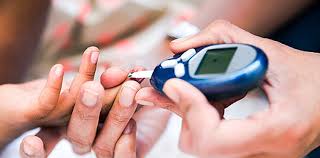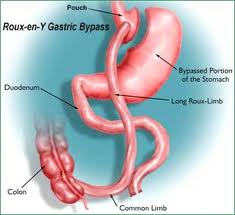In last week’s blog post, we talked about low carb diets, definitions, and whether they work for weight management. Today we’ll discuss low carb diets in people with diabetes: Are they beneficial? Are they safe?
As far as potential benefit goes, the available data are not consistent in their findings. In a review article published by Feinman and colleagues in the journal Nutrition, data is summarized reporting an improvement in blood sugar control, along with a reduction in medications required to control blood sugars. However, systematic reviews and meta analyses have not consistently shown improvements in blood sugar control. At least some of the variability likely has to do with adherence – low carb diets are not easy to stick to for many people.
If a low carb diet is going to be embarked upon, the type of medication that a person with type 2 diabetes is taking to control blood sugars is very important to consider. Medications that can cause low blood sugars [insulin; sulfonylureas such as gliclazide (Diamicron) and glyburide; and meglitinides (eg Gluconorm)] may need to be decreased with the help of your health care provider, in order to avoid low blood sugars.
SGLT2 inhibitors are a class of medications to treat type 2 diabetes, which are associated with a risk of 1 in 1000 people per year developing diabetic ketoacidosis (DKA), which is a type of acid buildup in the blood that is life threatening. For people on these medications [canagliflozin (Invokana), dapagliflozin (Forxiga), empagliflozin (Jardiance)], low carbohydrate diets are associated with an increased risk of DKA. As to whether a mildly low carb diet is safe is not known, as there is very little data available in this area. One small study did show an increase in ketones in people with type 2 diabetes on an SGLT2 inhibitor on just a very mildly restricted carbohydrate diet (40% calories, as compared to people on a 55% carb calorie diet), but how much this may increase the risk of DKA is not known.
A ketogenic diet should be avoided for anyone with type 2 diabetes on insulin or SGLT2 inhibitors, because of the risk of ketoacidosis.
For people with type 1 diabetes, there is very limited data on which to guide us. There is some data suggesting that a low carb diet may improve hemoglobin A1C (a marker of blood sugar control). However, there is a concern that there may be a blunted response to glucagon as an emergency treatment for severe low blood sugar in people with type 1 diabetes following a low carb diet.
A ketogenic diet should be avoided for anyone with type 1 diabetes due to the increased risk of ketoacidosis.













